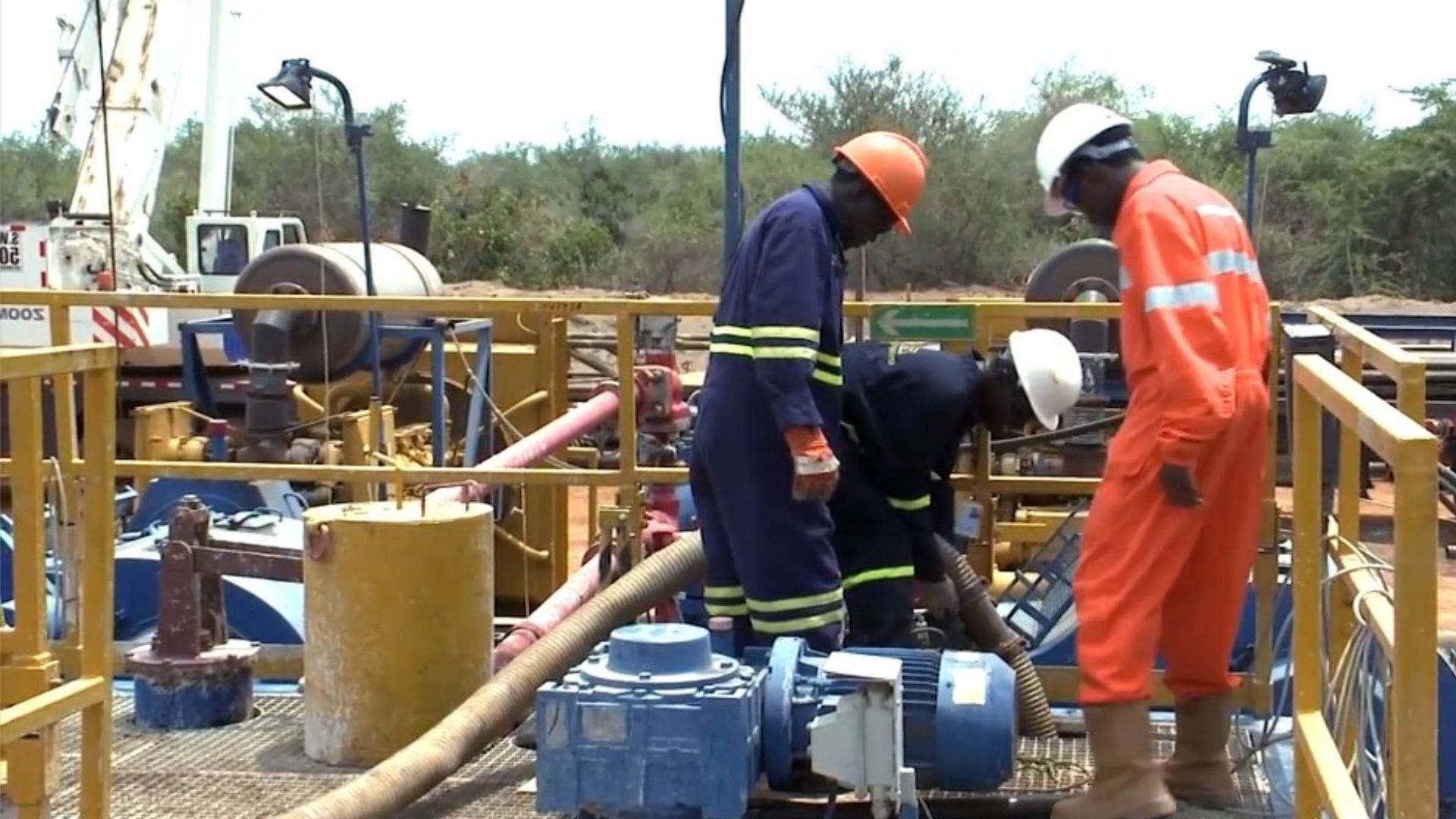Uganda's Oil and Gas Industry: Unveiling the Nation's Energy Potential
- Uganda | 2 June 2023

Uganda, known for its diverse landscapes and abundant natural resources, is on the brink of a new era as it taps into its immense potential in the oil and gas sector. With significant discoveries in recent years, the country’s oil and gas industry is poised to transform the nation’s economy, attract investments, and foster regional energy security. This article explores the potential of Uganda’s oil and gas industry, highlighting key developments, investment opportunities, and the potential impact on the country’s economic landscape.
The discovery of substantial oil reserves in the Lake Albert Basin has been a game changer for Uganda. Estimated to hold over 6 billion barrels of oil, this basin has attracted major international oil companies, leading to significant investments and development projects. Exploration and appraisal activities are ongoing, with the aim of further delineating the basin’s resources and determining the best approach for extraction. The development of oil fields in the Lake Albert Basin is set to propel Uganda into the ranks of oil-producing nations, providing a substantial boost to its economy.
To facilitate the transportation of oil from the Lake Albert Basin to international markets, Uganda, together with its partners, is progressing with the construction of a pipeline infrastructure project. The East African Crude Oil Pipeline (EACOP) will connect Uganda’s oil fields to the Tanzanian port of Tanga, providing access to global markets. This infrastructure project is a significant milestone for Uganda’s oil and gas industry, enabling the export of crude oil and attracting investments in related sectors. Additionally, plans are underway for the construction of an oil refinery in Uganda, further enhancing the nation’s energy independence and value addition capabilities.
The development of Uganda’s oil and gas industry presents a unique opportunity for economic transformation and job creation. The sector’s growth will generate direct employment in various stages of the value chain, from exploration and production to transportation and refining. Moreover, the multiplier effect will be felt across supporting industries, such as construction, logistics, and services. With proper planning and implementation, the oil and gas industry has the potential to catalyze Uganda’s economic diversification, reduce dependence on imports, and create a skilled workforce for the future.
As Uganda embraces its oil and gas potential, environmental and social responsibility must remain at the forefront. The government and industry stakeholders are committed to ensuring that exploration and production activities adhere to international standards of environmental stewardship, sustainable practices, and community engagement. Efforts are underway to mitigate the environmental impact of oil and gas operations and to foster positive social outcomes through community development programs, job training, and local content requirements. Balancing economic growth with environmental conservation and social inclusiveness will be crucial for the long-term success of Uganda’s oil and gas industry.
Uganda’s oil and gas industry represents a significant opportunity for the country’s economic transformation and regional energy security. With the immense oil reserves in the Lake Albert Basin, the development of pipeline infrastructure, and plans for an oil refinery, Uganda is positioning itself as a key player in the global energy landscape. As the industry progresses, it is essential for stakeholders to prioritize responsible practices, environmental sustainability, and social inclusiveness. By harnessing its oil and gas potential while safeguarding the environment and empowering local communities, Uganda can pave the way for a prosperous and sustainable future driven by its energy resources.








